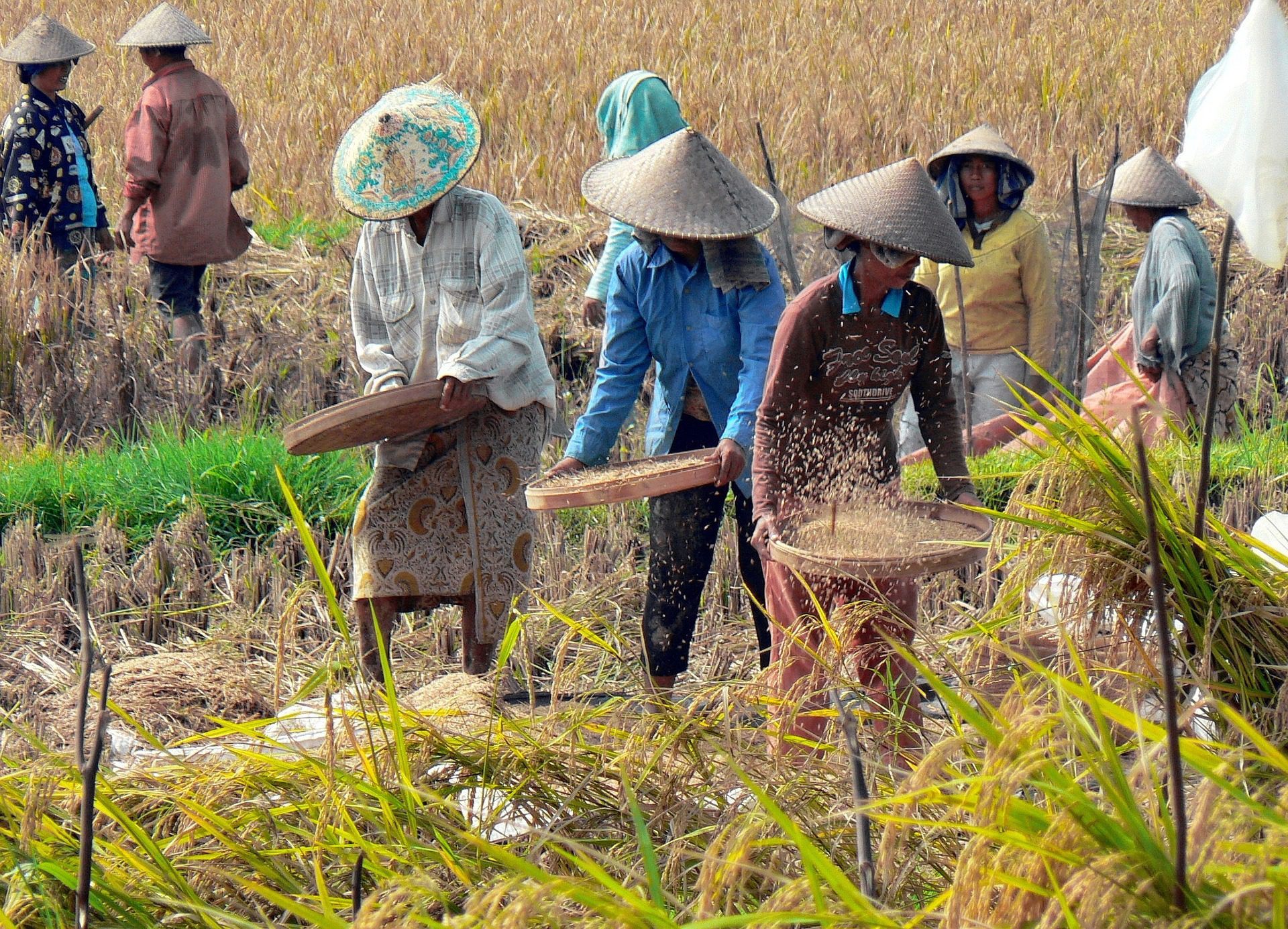
The interplay of social norms and stigma in relation to human trafficking in Indonesia
This report explores how social norms and stigma can be drivers of vulnerability to trafficking and barriers to the effective reintegration of survivors in West Sumba and Southwest Sumba, Indonesia. It explores the ways in which social pressures and expectations on individuals to migrate heighten the risk of trafficking and exploitation of individuals, particularly women. It also seeks to build understanding of how the roles played by family members, communities and service providers, due to traditional norms and influences, shape the agency of returnee migrant women and their access to service providers in Indonesia.
Read more here.
